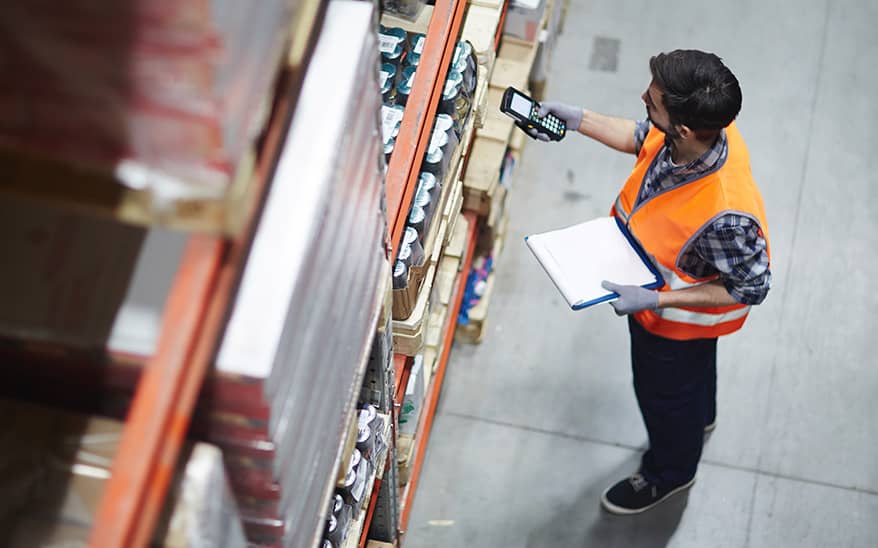Retailers should use Black Friday to steer consumers towards more sustainable choices
- 24 November 2025
- Pieter Van den Broecke
- 2 minutes

Key Takeaways
- Make sustainable choices visible
Almost 50% of consumers consider sustainability when shopping online, yet retailers often fail to make these options clear. Transparency is key. - Return and delivery policies shape behaviour
Reducing returns through better product information and adjusting return policies (such as charging return fees or limiting free returns) encourages more conscious purchasing decisions. - Promote greener delivery methods
Highlight eco-friendly delivery options and explain why they are better, such as lower CO₂ emissions. This is especially impactful during peak periods like Black Friday.
Retailers can make significant sustainability gains with small adjustments, especially in the lead-up to Black Friday. Consumers are open to more sustainable online shopping, but retailers must make sustainable options more visible and practical.
According to Manhattan’s last Unified Commerce Benchmark study in Europe, sustainability in retail is a growing consumer expectation for Europeans, not just a trend. Retailers are embedding eco-friendly practices in all operations, from sourcing to logistics. This commitment aligns with the values of an increasingly eco-conscious consumer base and can act as a key differentiator for retailers in competitive markets. Nevertheless, the range of sustainable options in store and (particularly) online is often vague or invisible.
Now, during peak periods like Black Friday, it offers an opportunity to help consumers make more informed choices. This is not only done by providing information about the origin of products, but also about the impact of delivery and returns. Many retailers still offer the fastest delivery option as standard, while consumers are open to alternatives. Showing which delivery option has the least environmental impact—such as delivery to a collection point or bundled delivery within a single neighbourhood—makes it easier to choose a sustainable delivery option. It's crucial, however, that you explain why a later delivery is more sustainable.
Returns policies also deserve attention. Reducing returns starts with better product information: clear photos, accurate sizing, and honest descriptions prevent disappointment. While options like digital self-service offer consumers the opportunity to edit purchases right up until the moment, they leave the warehouse or store, minimising the chance that a product will need to be returned later down the line. At the same time, retailers need to critically examine the current ease of returns. By charging a return fee or offering free returns only through a physical store, you encourage consumers to make more conscious, contentious purchases. This also ensures that returned items can be resold more quickly, resulting in less waste.
Retailers who take their sustainability ambitions seriously must look beyond their internal processes. They must also attempt to influence their customers' behaviour. This presents an opportunity, especially during peak sales periods like Black Friday to offer clarity about the impact of choices, helping consumers and businesses make more environmentally conscious decisions. Fewer trips and returns not only mean lower CO₂ emissions, but also lower costs for retailers and fairer prices for consumers. Moreover, it reduces the pressure on logistics teams, something that is much needed in today’s tight and pressurised labour market. So, as it turns out, what’s good for your P&L can also be good for the planet, and that is a message both consumers and retailers can certainly get behind.





